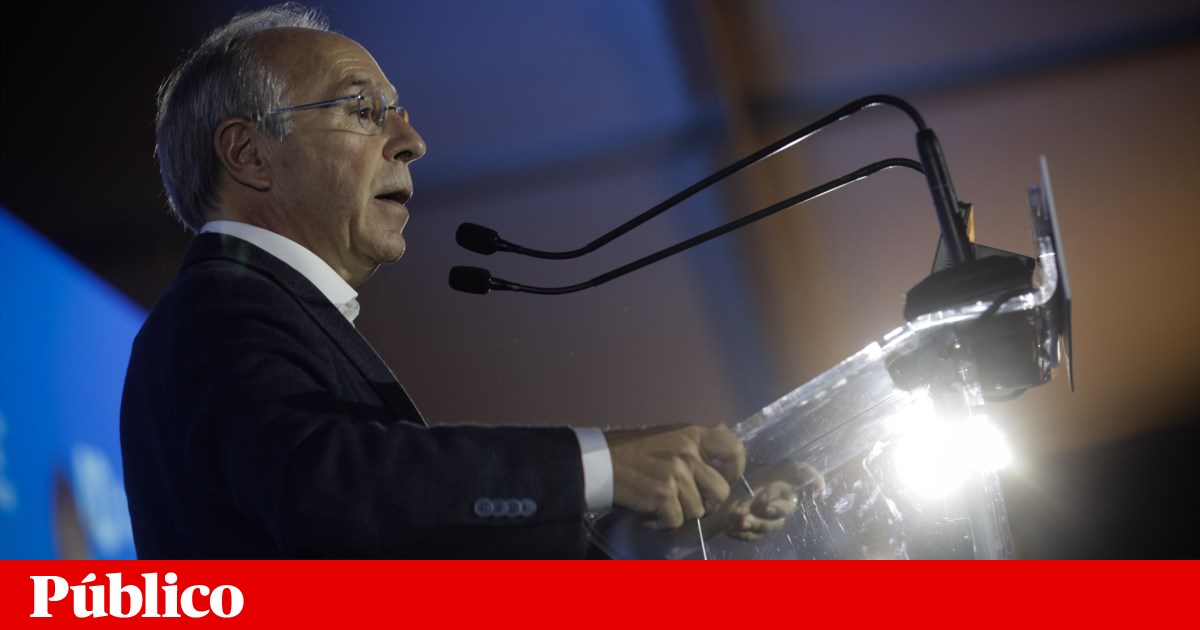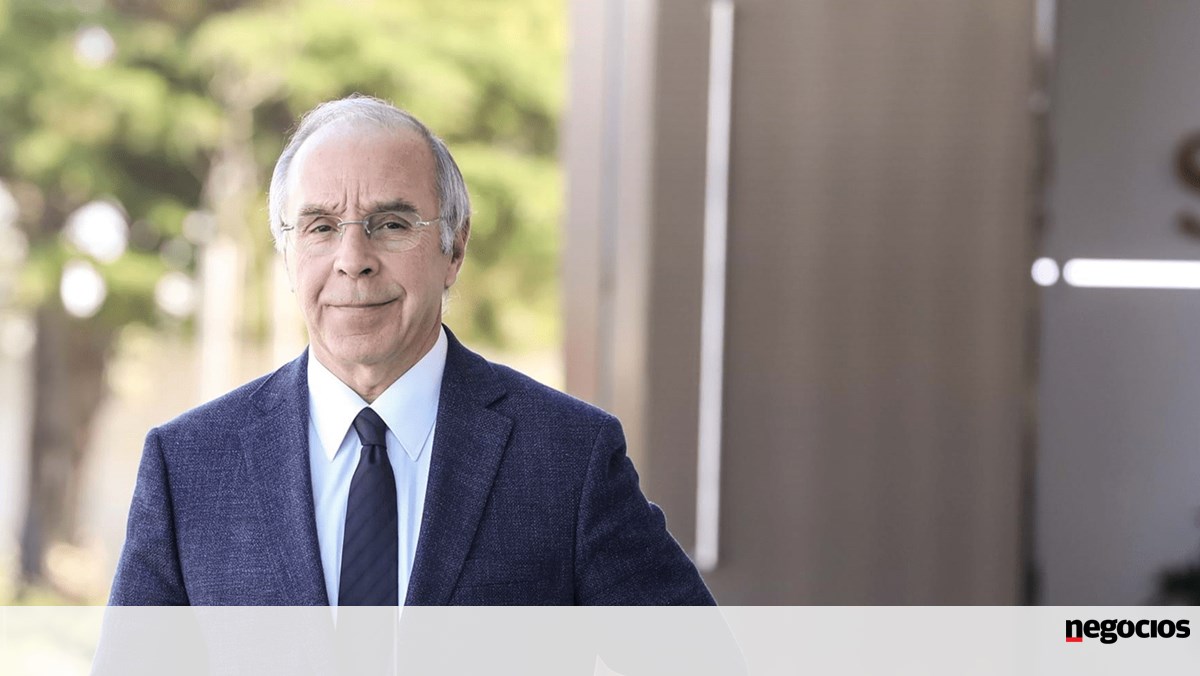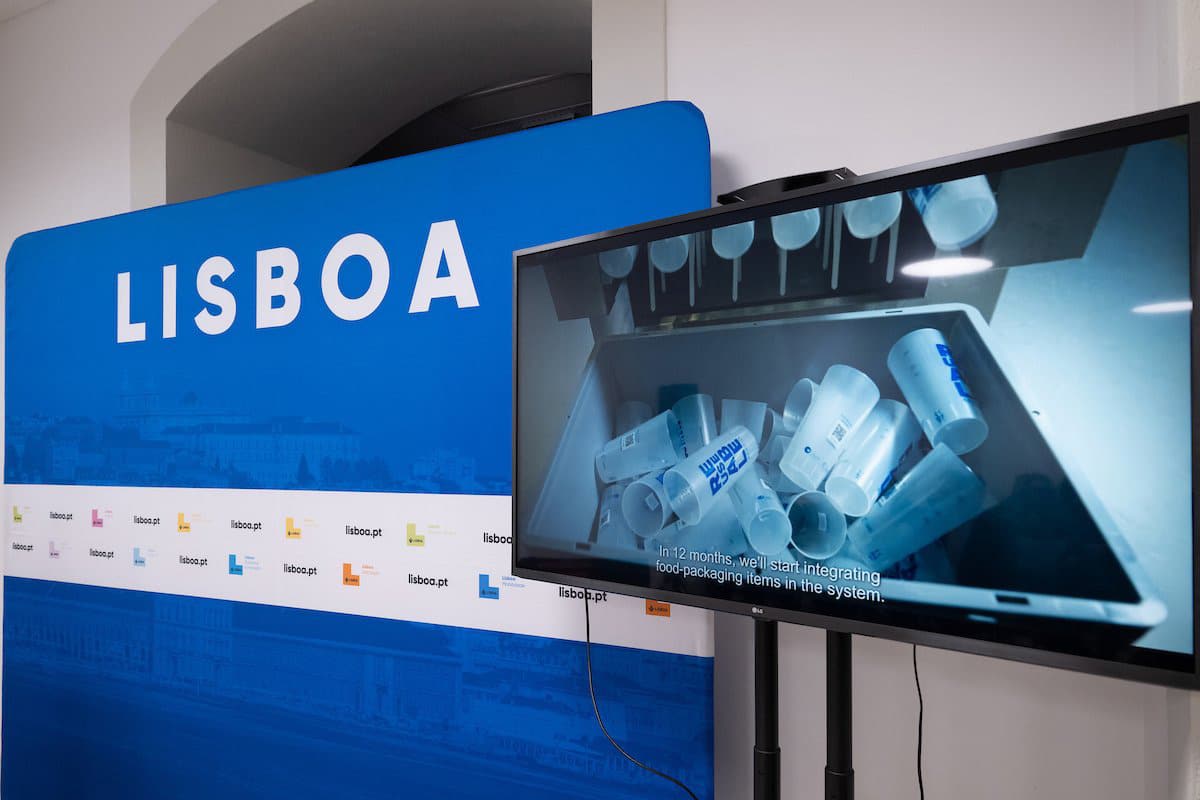Summary:
Tourists produce 3.6 kg of waste per night in Algarve, double that of residents.
29 million overnight stays recorded in 2023, with 82% in high season.
41% of waste in August attributed to tourism activities.
€81.3 million spent on waste management, with €436 per ton costs during peak season.
Over 80% of Algarve's municipal waste goes to landfills, recycling below 15%.
The Waste Impact of Tourism in Algarve
In August, each tourist staying in the Algarve produced an average of 3.6 kilograms of waste per night, roughly double the amount generated by local residents. This alarming statistic is part of a groundbreaking study titled “The Implications of Tourism Activity in the Algarve for Urban Waste Management,” presented on November 27.
The study, conducted by the Center for Research in Economic and Business Sciences (CICEE) in collaboration with the University of Algarve and supported by Algar, highlights the significant strain tourism places on waste management services in the region, particularly during the peak months from May to September.
Key Findings
- In 2023, the Algarve recorded 29 million overnight stays, with 82% occurring during the high season, leading to 41% of the total waste generated during this period.
- The total waste management cost reached €81.3 million, with €436 per ton for unsorted waste during peak season, compared to €147 per ton during the low season.
- Currently, over 80% of municipal waste in the Algarve is sent to landfills, while recycling rates remain below 15%, far below the EU's 2035 targets of 65% recycling and a maximum of 10% landfill.
Challenges Ahead
During a conference attended by various stakeholders, including municipality representatives and hotel groups, the urgent need for “reduction,” “awareness,” and “action” was emphasized. Eduardo Cardadeiro, the coordinating professor of the study, stressed the importance of balancing tourism growth with sustainable development.
He expressed skepticism about meeting the EU waste targets, highlighting Portugal's late response to necessary adaptations since the strategic waste plan was only approved in 2023, despite targets known since 2018.
Luis Masiello, president of Algar, acknowledged the challenges but committed to necessary investments for improvement, stating that change also depends on citizens' participation in proper waste disposal and sorting practices.
Future Initiatives
The study sets the stage for a pilot project in 2025 aimed at optimizing waste management through dedicated collection circuits and stakeholder involvement, including regional tourism operators and local municipalities. Cardadeiro remarked that this project should not be designed solely by academics but collaboratively with all involved parties.
As the Algarve region grapples with these pressing waste management issues, the focus remains on fostering sustainable practices that benefit both residents and the environment while accommodating the demands of a thriving tourism sector.










Comments
Join Our Community
Create an account to share your thoughts, engage with others, and be part of our growing community.